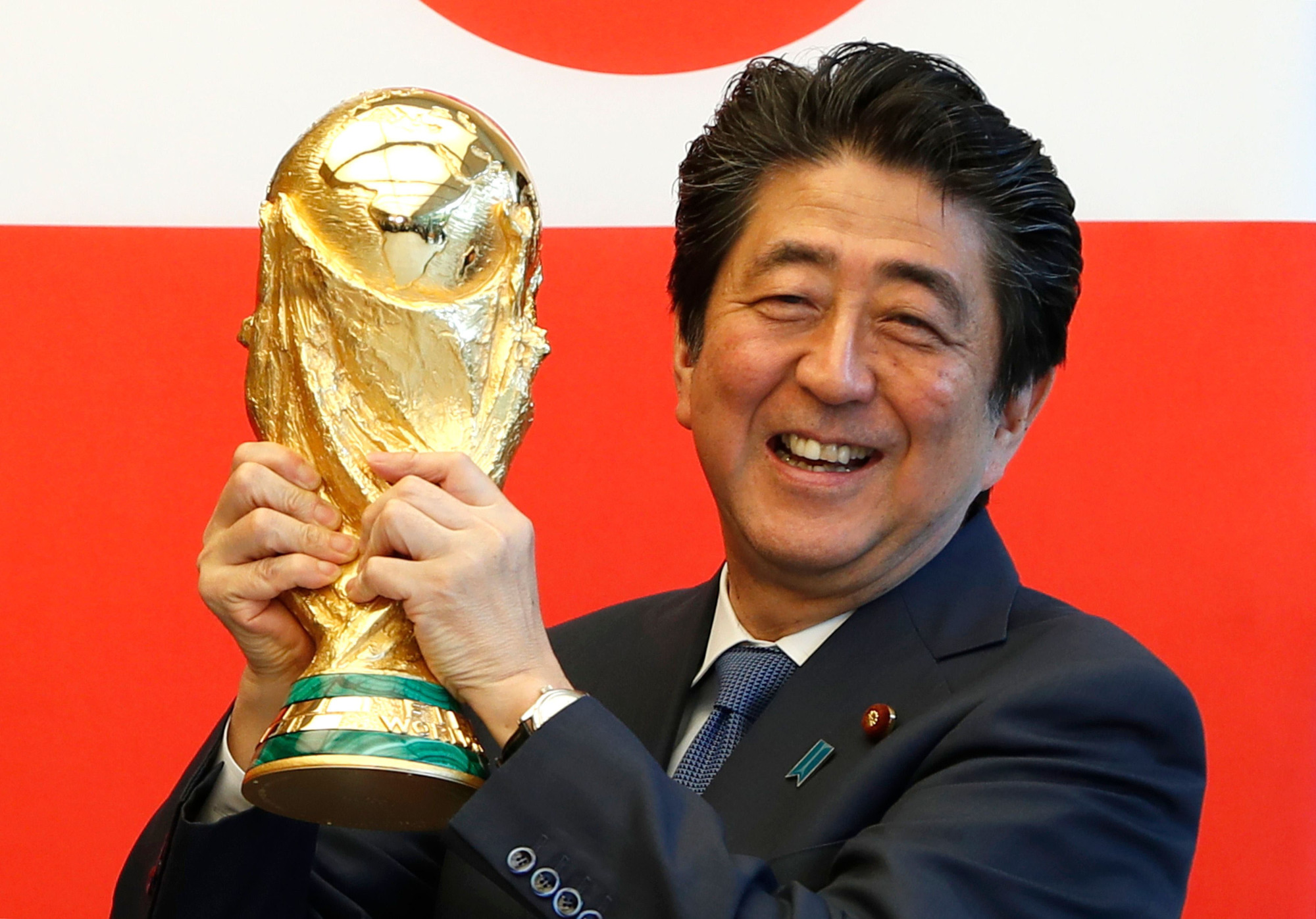Hi everyone, welcome to my blog where I share inspirational stories of people who have made a difference in the world. Today, I want to talk about Shinzo Abe, the former prime minister of Japan who was assassinated on July 8, 2022, while giving a speech in Nara. His death was a tragedy that shocked Japan and the world, but his life was a legacy of leadership, courage and vision.
Shinzo Abe was born on September 21, 1954, in Tokyo. He came from a family of politicians, with his grandfather Nobusuke Kishi also having served as prime minister. He graduated from Seikei University in 1977 and studied politics at the University of Southern California. He entered politics in 1982 as an assistant to his father Shintaro Abe, who was then foreign minister. He was elected to the House of Representatives in 1996 and rose through the ranks of the Liberal Democratic Party (LDP), becoming its president in 2006.
He became Japan's youngest prime minister since World War II at the age of 52. He pursued a conservative agenda of revising the pacifist constitution, strengthening the alliance with the US, and promoting nationalism and patriotism. He also advocated for a more active role for Japan in regional and global affairs, especially in countering China's rise. He resigned in 2007 due to health problems and scandals involving some of his cabinet members.
He made a comeback in 2012, leading the LDP to a landslide victory in the general election. He became prime minister for the second time and embarked on a bold economic policy known as "Abenomics", which aimed to revive Japan's stagnant economy through monetary easing, fiscal stimulus and structural reforms. He also tackled some of the long-standing issues facing Japan, such as the Fukushima nuclear disaster, the territorial disputes with China and South Korea, and the aging population.
He won three more elections and became Japan's longest-serving prime minister in November 2019. He enjoyed high popularity among the public and earned respect from world leaders. He hosted several major events, such as the G7 summit in 2016, the Rugby World Cup in 2019 and the Tokyo Olympics in 2020. He also made history by being the first Japanese leader to visit Pearl Harbor with US President Barack Obama in 2016 and by meeting North Korean leader Kim Jong-un in 2018.
However, his health deteriorated due to ulcerative colitis, a chronic inflammatory bowel disease that he had suffered from since his teens. He announced his resignation on August 28, 2020, saying he could not continue to serve as prime minister while undergoing treatment. He was succeeded by Yoshihide Suga, his chief cabinet secretary and loyal ally.
He remained active in politics after stepping down, serving as an adviser to Suga and supporting LDP candidates in elections. He was widely expected to run for president of the LDP again in September 2020, when Suga's term was due to end. He was seen as a potential contender for returning to power or becoming Japan's first president under a new constitutional system.
He was campaigning for Kei Sato, an incumbent member of the upper house of parliament, in Nara city on July 8, 2022, when he was shot twice by a gunman who approached him from behind while he was speaking outside a railway station . He was airlifted to Nara Medical University Hospital but died from excessive bleeding at 5:03 p.m.. The gunman was identified as Tetsuya Yamagami, a former member of Japan's Maritime Self-Defense Force who said he had been "dissatisfied" with Abe . He was arrested by police and charged with murder.
The assassination of Shinzo Abe sent shockwaves across Japan and the world. It was the first time a Japanese prime minister had been killed since Inukai Tsuyoshi was assassinated by radical naval officers in 1932. It was also a rare case of gun violence in Japan, which has strict gun control laws and low crime rates. Thousands of people gathered outside the hospital and the parliament building to pay tribute to Abe and express their grief and anger. Many world leaders condemned the attack and offered their condolences to Abe's family and the Japanese people.
Shinzo Abe was a remarkable leader who dedicated his life to serving his country and advancing its interests. He faced many challenges and controversies during his tenure, but he also achieved many accomplishments and reforms. He was a visionary who had a clear sense of Japan's role and responsibility in the world. He was a patriot who loved his country and its people. He was a hero who died while doing what he loved: speaking to the public and supporting his party.
He will be remembered as one of the most influential and respected prime ministers in Japan's history. His death is a loss not only for Japan but for the world. He left behind a legacy that will inspire generations to come. He was Shinzo Abe, and this is his story.



0 Comments